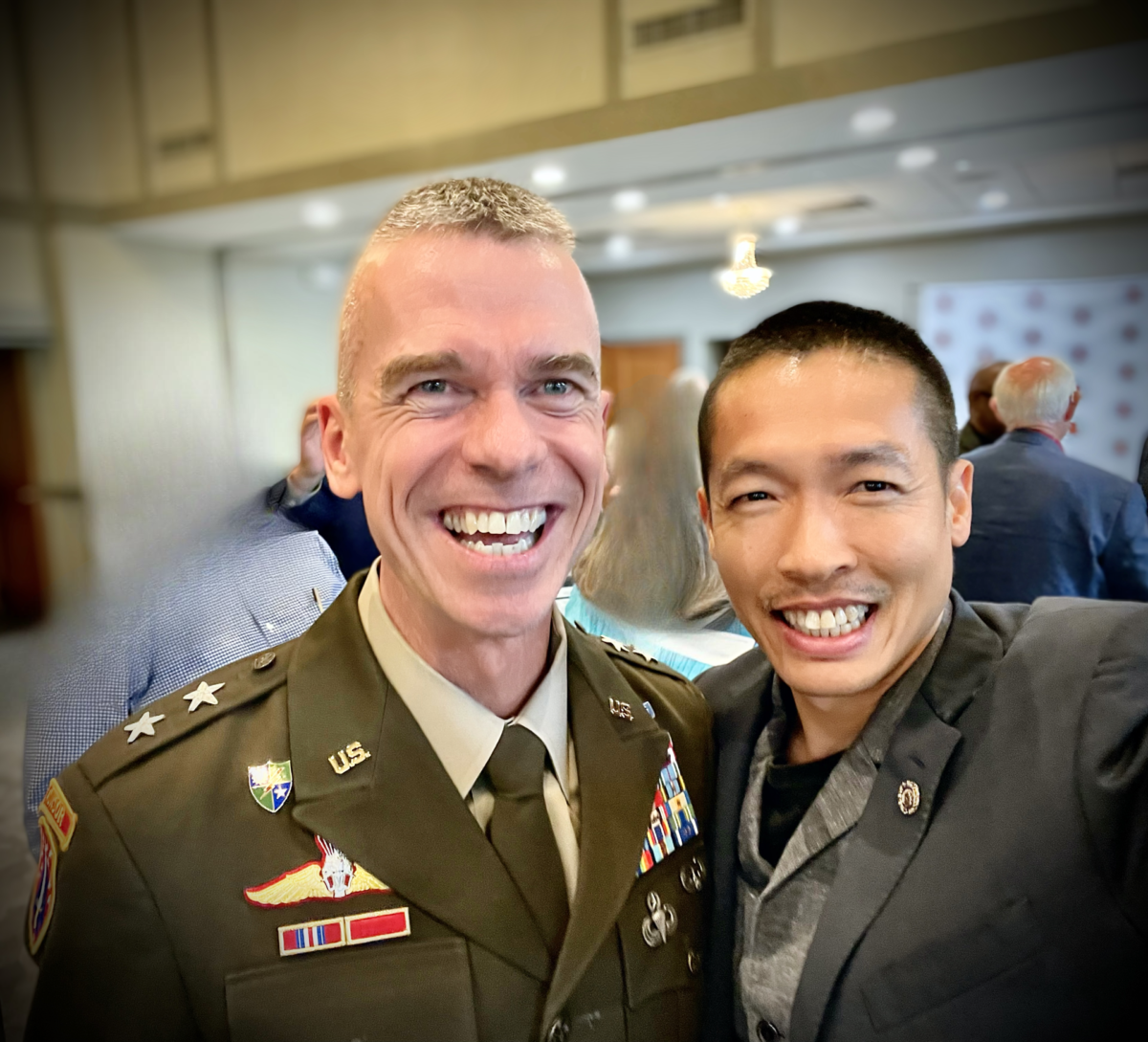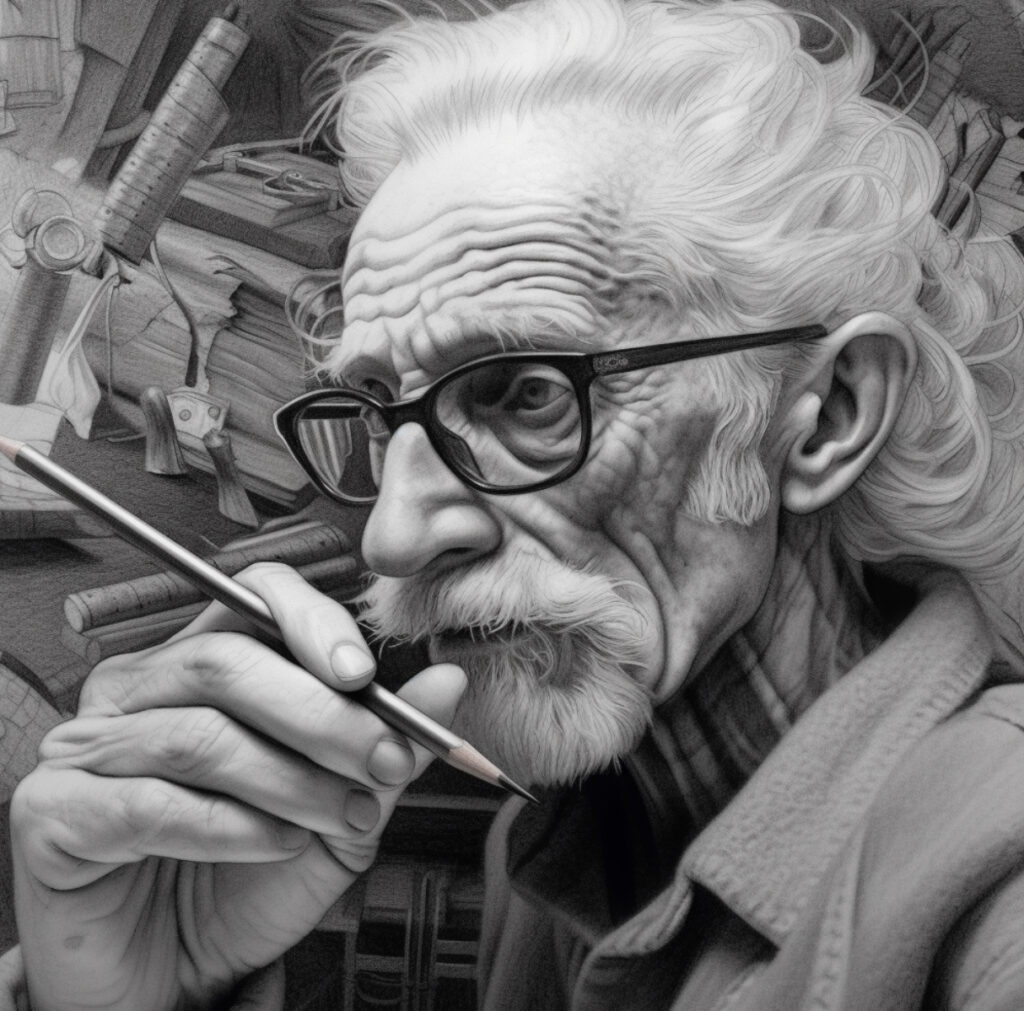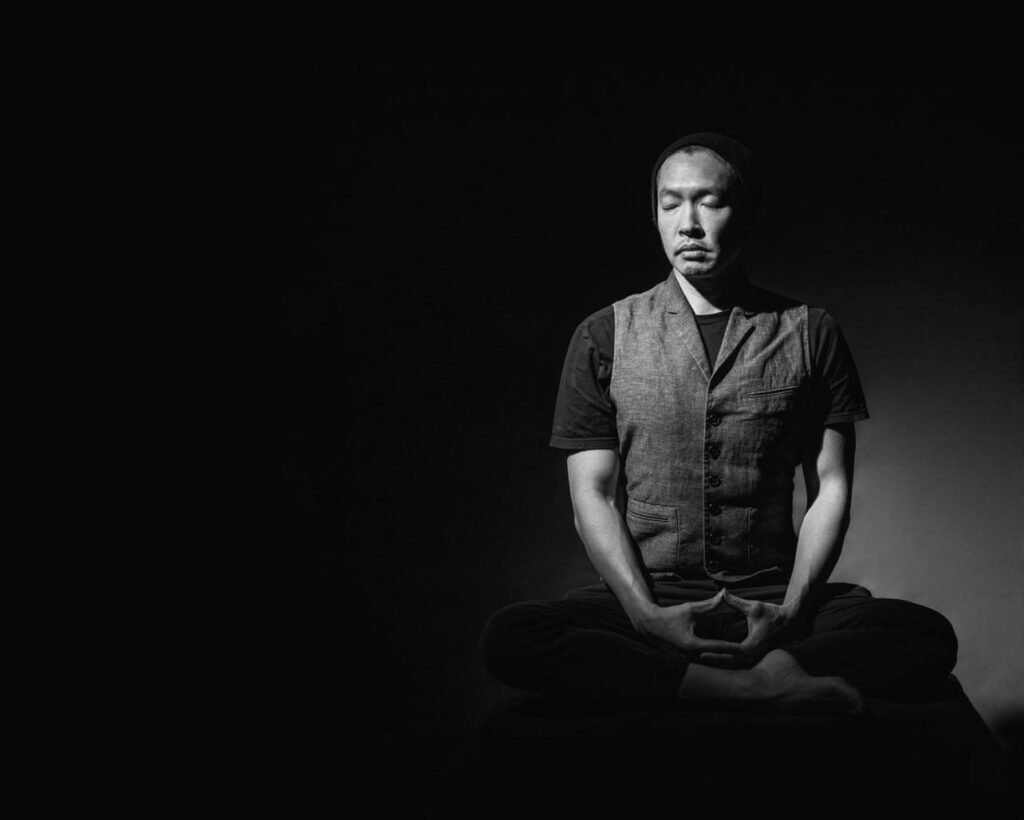“Pressure is a privilege.” This phrase, shared by actor Tom Holland on Jay Shetty’s podcast, is more than just a memorable quote. It encapsulates a perspective that has been echoed by many, including Di Tran, the author of the soon-to-be-released book, “Drop the FEAR and focus on the FAITH.” But what does this truly mean for the world and for us as individuals?
Pressure in the Global Context
In our rapidly evolving global society, change is inevitable, and with it comes pressure. Countries face economic, political, and social pressures that push them to adapt and evolve. Companies feel the pressure to innovate or perish. And in this environment, viewing pressure as a privilege means recognizing that with every challenge comes an opportunity. It’s an opportunity to grow, learn, and advance.
The world’s greatest innovations, reforms, and revolutions have often been born from intense pressure. Diamonds are formed under immense pressure, and similarly, it’s the pressure points in society that can lead to breakthroughs, transformations, and progress.
Pressure on an Individual Level
On a personal level, many of us have felt the weight of expectations, the anxiety of deadlines, or the strain of overcoming personal challenges. While these pressures can be overwhelming, adopting the perspective that ‘pressure is a privilege’ can shift our mindset from avoidance to acceptance and even appreciation.
Why? Because pressure is a testament to our capabilities and potential. It means we’re trusted to handle important tasks, overcome challenges, and bring about change. It signifies that we have a role to play, a purpose to serve, and a journey to embark upon.
Dropping the Fear, Focusing on the Faith
Di Tran’s forthcoming book title, “Drop the FEAR and focus on the FAITH,” is a potent reminder of this philosophy. Fear is often our natural response to pressure. It’s a defense mechanism, alerting us to potential threats. However, if we allow fear to dictate our actions, it can paralyze us, preventing growth and progress.
By focusing on faith, be it in a higher power, in ourselves, or in the process, we shift from a mindset of apprehension to one of optimism. Faith provides the strength and resilience to face pressures head-on, knowing that challenges are opportunities in disguise.
Conclusion
Pressure, in all its forms, isn’t something to be avoided but embraced. Tom Holland’s shared wisdom and Di Tran’s emphasis on faith over fear both point to the transformative power of pressure. By perceiving pressure as a privilege, we not only acknowledge our potential but also empower ourselves to harness challenges as catalysts for growth and transformation. In the dance of life, it’s the pressures we face that shape, mold, and define our character, pushing us to become the best versions of ourselves.

















